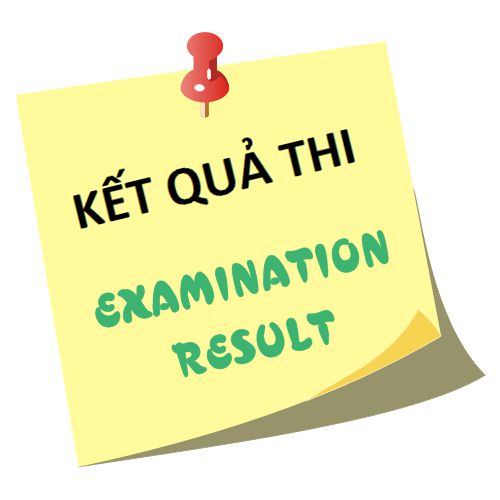Advanced
I. Reading skills
| Level | Descriptions |
| C1 | 1. Can read daily newspapers, short stories, scholarship documents, textbooks, manuals, guidebooks, contracts etc. 2. Can research ideas, general and detailed information for research and accumulated knowledge from different fields. 3. Can understand specialized articles and technical documents even if they are not related to their personal fields of expertise. |
| C2 | 1. Can easily read and understand all academic and technical forms, including abstract essays and specialized articles including complex vocabulary. 2. Can receive and enjoy the values of the reading, writing style, rhetorical methods, languages and comedic devices (eg, humor, irony and satire) and are aware of cultural forms and the authors’ perspective. 3. Can understand most of the language implications, idioms and socio-cultural issues in the text. |
II. Listening skills
| Level | Descriptions |
| C1 | 1. Can track and understand contents of long, complex and abstract topics outside of their fields of expertise, even if they sometimes need to confirm details, especially with unfamiliar voices; Can understand extended speech even if the structures are not obvious, containing some inferences outside the explicit expression. 2. Can understand conversations and debates easily even the content contains abstract themes which are complex and unfamiliar. Can track and understand intermittent dialogues with no explicit talk about all topics. 3. Can understand many types of radio records using standard language; Can identify attitudes and implicit relationships between people, can understand the contents of news programs, documentary and feature films about social issues. 4. Can understand most of lectures, discussions or arguments. |
| C2 | 1. There is absolutely no difficulty in understanding all speakers either in person or via the media, even when the speech is expressed rapidly. 2. Can understand and keep track of lectures and presentations using colloquial language, dialects or unfamiliar terminology. 3. Can follow most radio, television programs and films using a considerable amount of slang and idioms. Can understand information in difficult listening conditions such as poor sound quality, quick speech, unclear pronunciation and dialects. 4. Can understand all forms of colloquial speech of native speakers which contain many cultural factors. |
III. Speaking skills
| Level | Descriptions |
| C1 | 1. Can express smoothy and instantaneously; can link, logically, different ideas. 2. Can present and analyze information, debate and criticism to solve problems. 3. Can actively participate in workshops, interviews or informal conferences on academic topics. 4. Can present clearly, on detailed complex topics, combining different arguments and develop certain views and accorded conclusions. |
| C2 | 1. Can express meanings correctly of connotations and implications. 3. Can lecture and analyze issues in debates and exchange using complex language. 4. Can actively exchange to solve unexpected problems during the communication process. 5. Can present clearly and fluently events as well as the arguments of a problem in a context and logical structure, allowing the listener can take notes and remember the important points. |
IV. Writing skills
| Level | Descriptions |
| C1 | 1. Can generate relatively clear texts, using flexible and efficient language about their social purpose or profession. 2. Can write clear and coherent articles with balanced composition on all types of documents, as well as using transition words between paragraphs. 3. Can write formal or informal articles that require high language requirements (work, academic or communication). 4. Can write comments, ideas, attitudes, feelings for a literary work at the simplest level. 5. Can write essays, articles, coherent reports (descriptive, narrative, argument, persuasion) to present information and arguments on some researched topics. 6. Can note contents of a lecture, conference, presentations and minutes of meetings. |
| C2 | 1. Can synthesize and evaluate information and complex ideas from multiple sources into a logical whole (eg evaluations and reports of arbitrary length and in detail). 2. Can summarize information from different data language speaking and writing sources, can synthesize opinions and debate a presentation coherently. 3. Can record / write comments at conferences, public meetings and consultations on difficult topics. 4. Can write highly specialized documents, dissertations, proposals, newsletters, reports and correspondences ; making precise assessments in Literature. |

.jpg)
.jpg)
.jpg)



.jpg)
.jpg)
.jpg)
